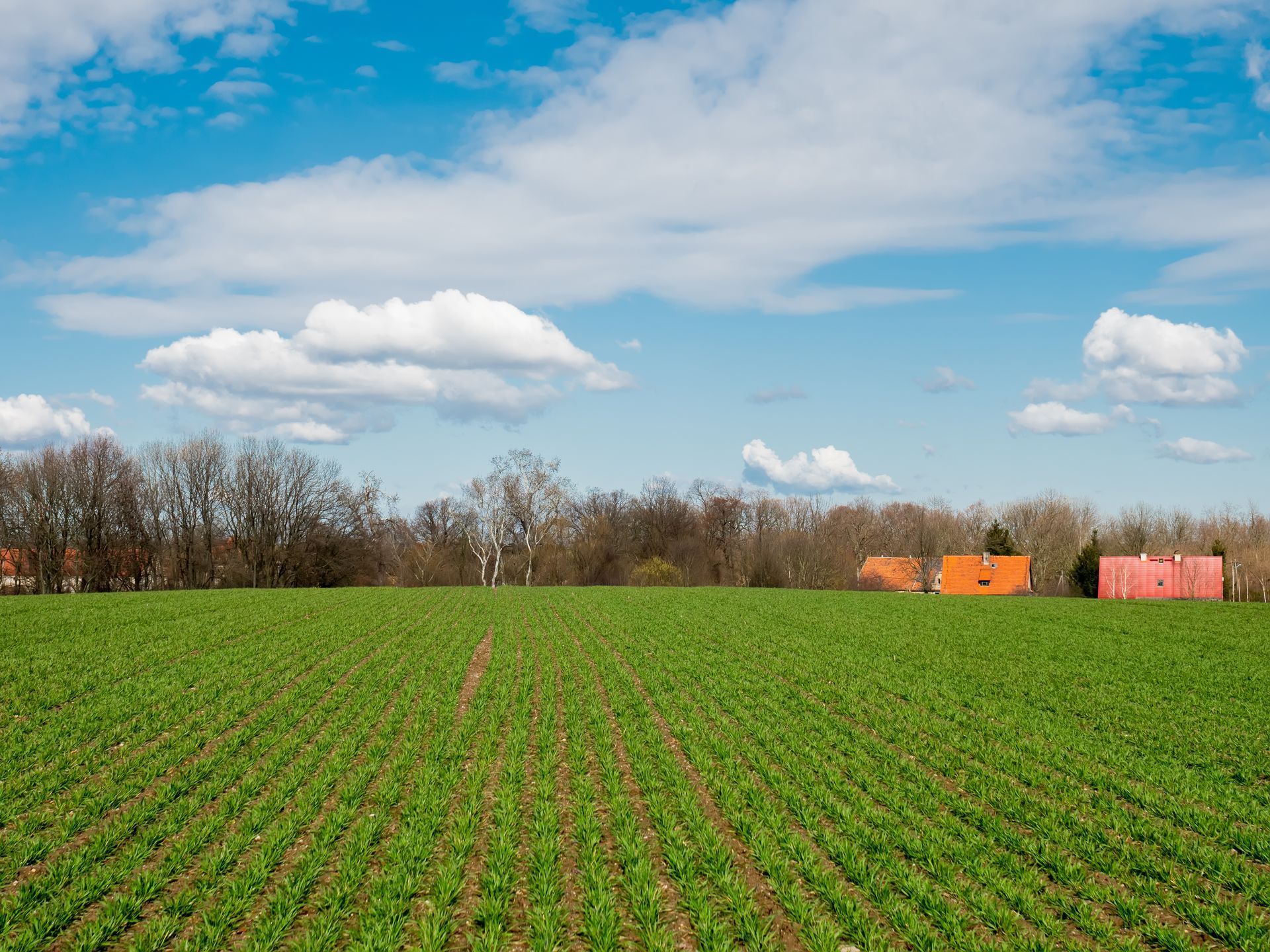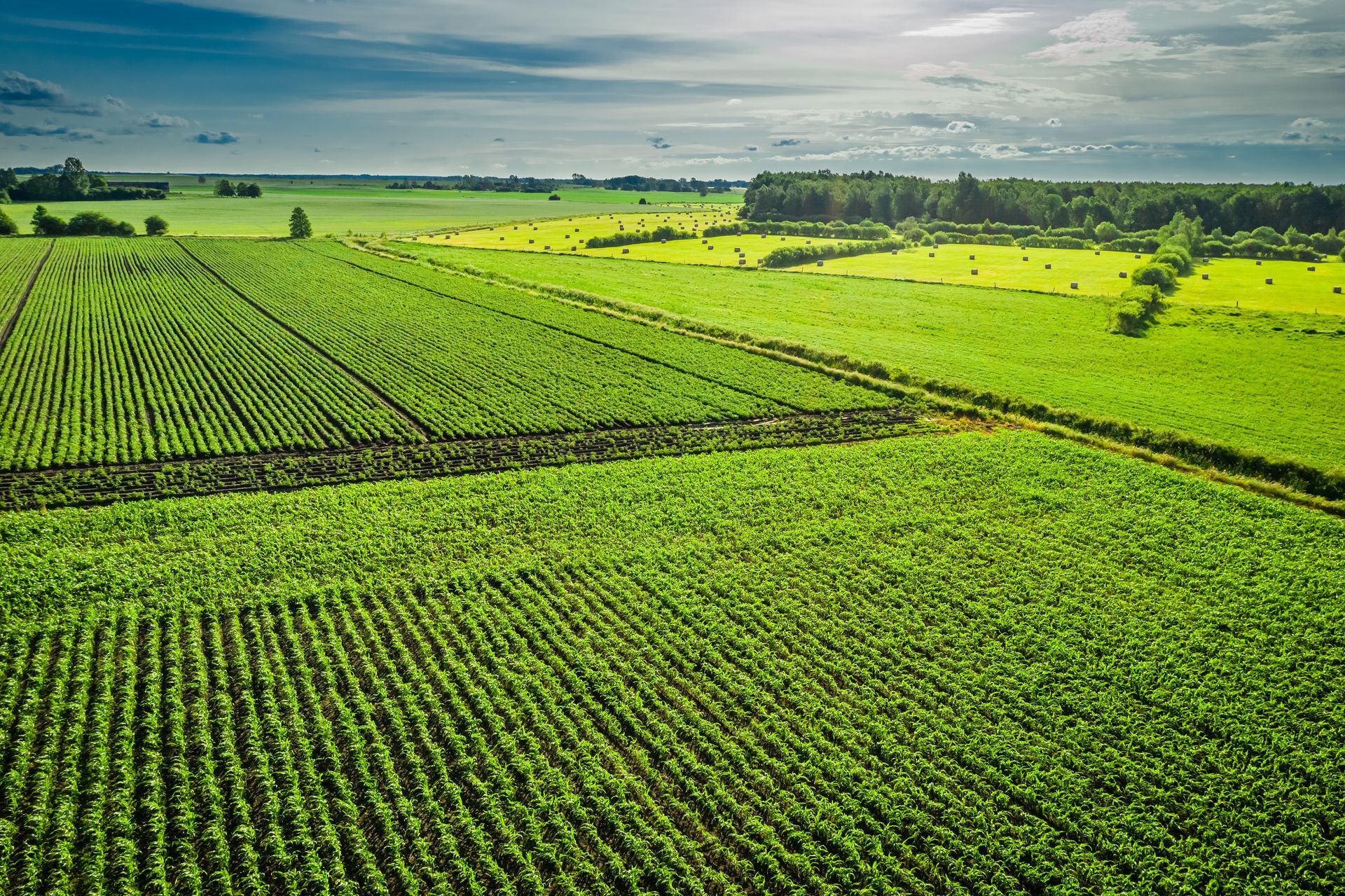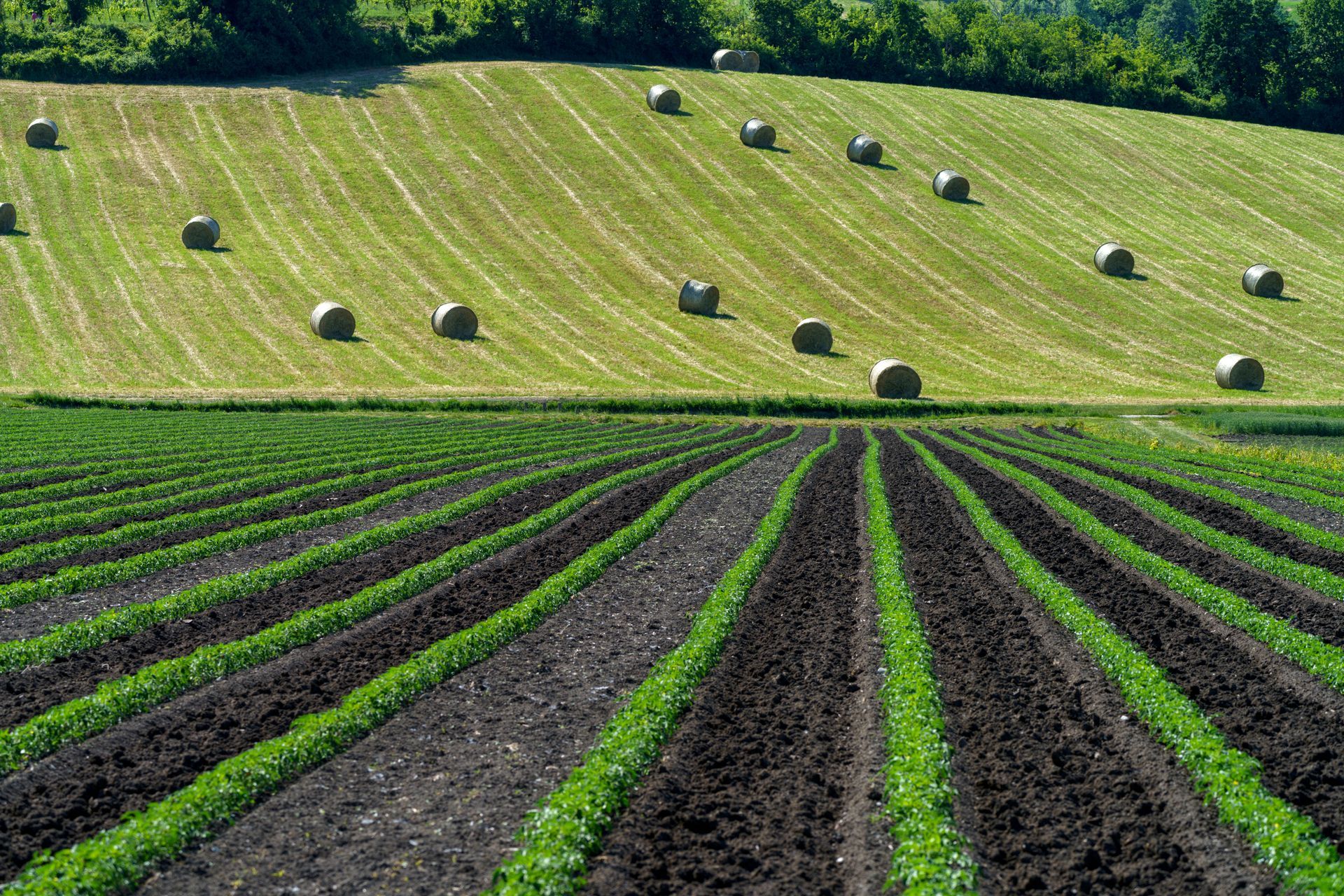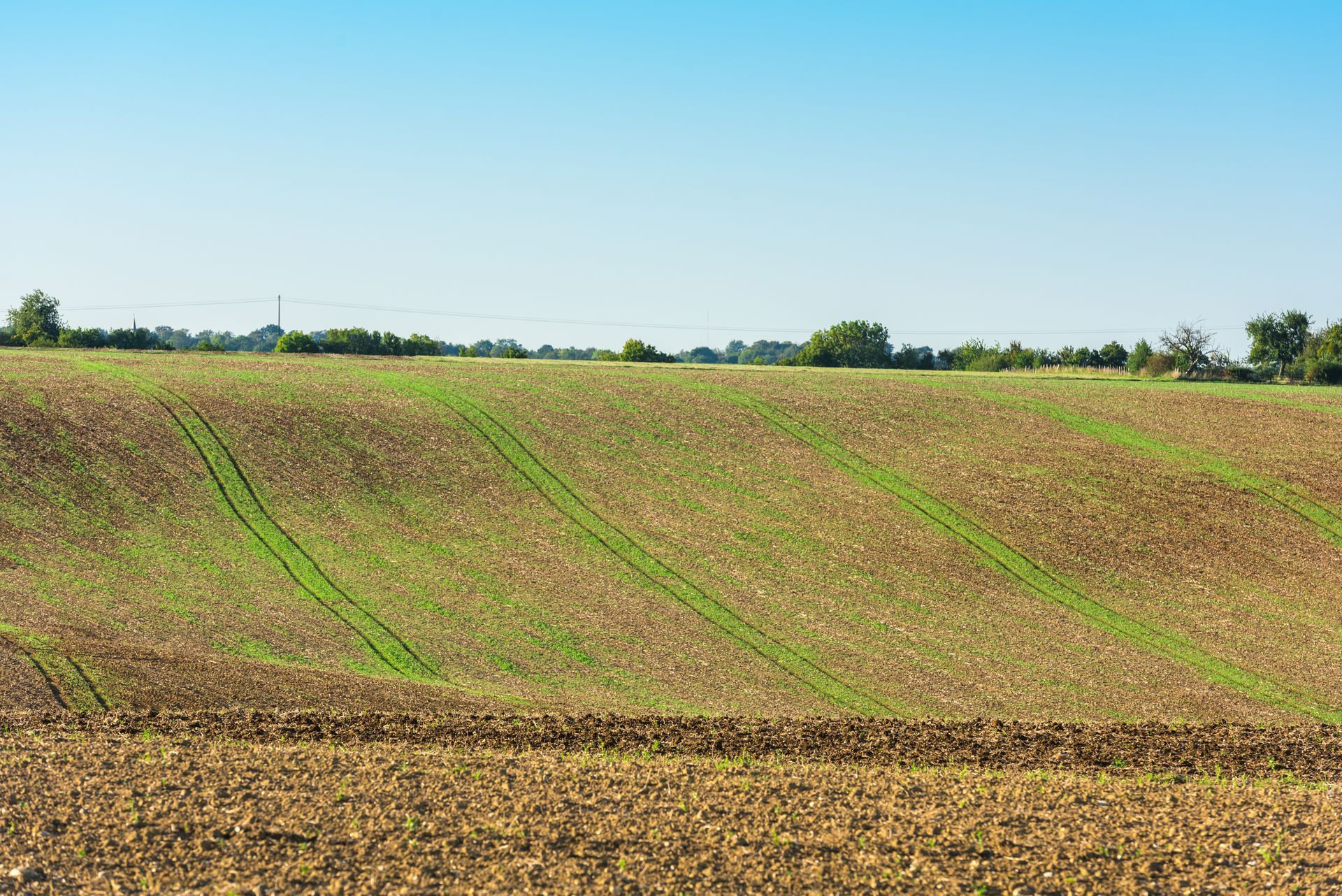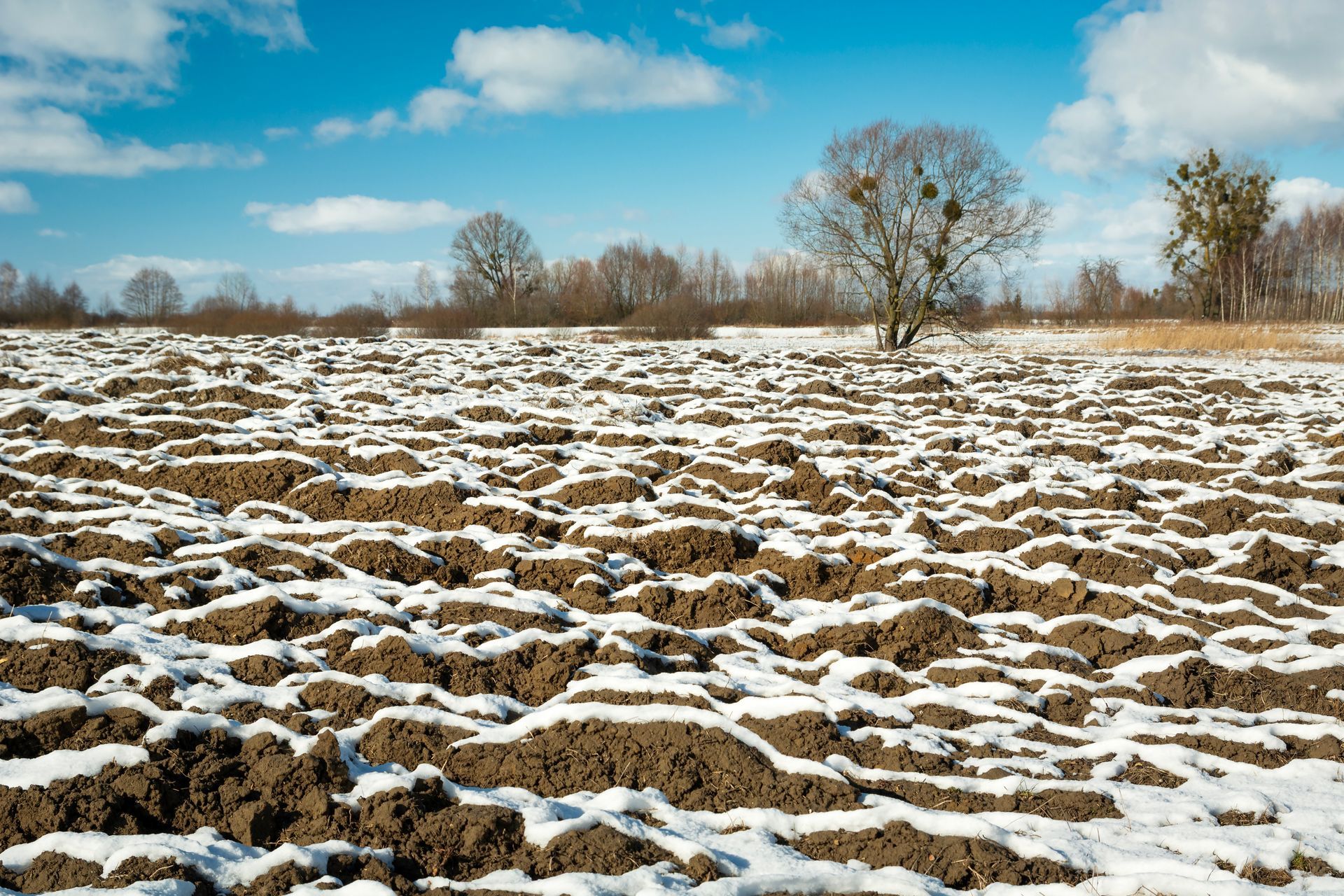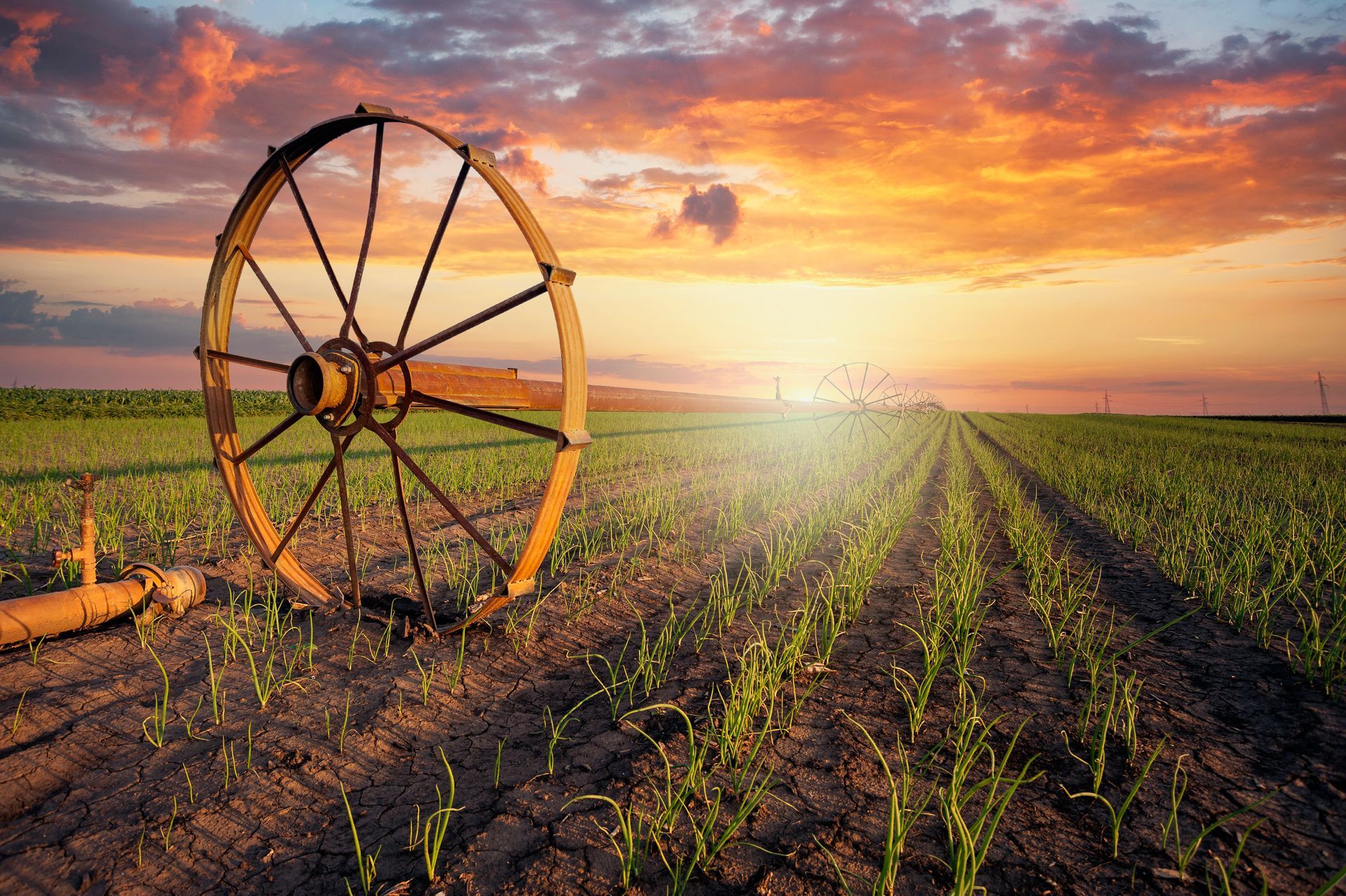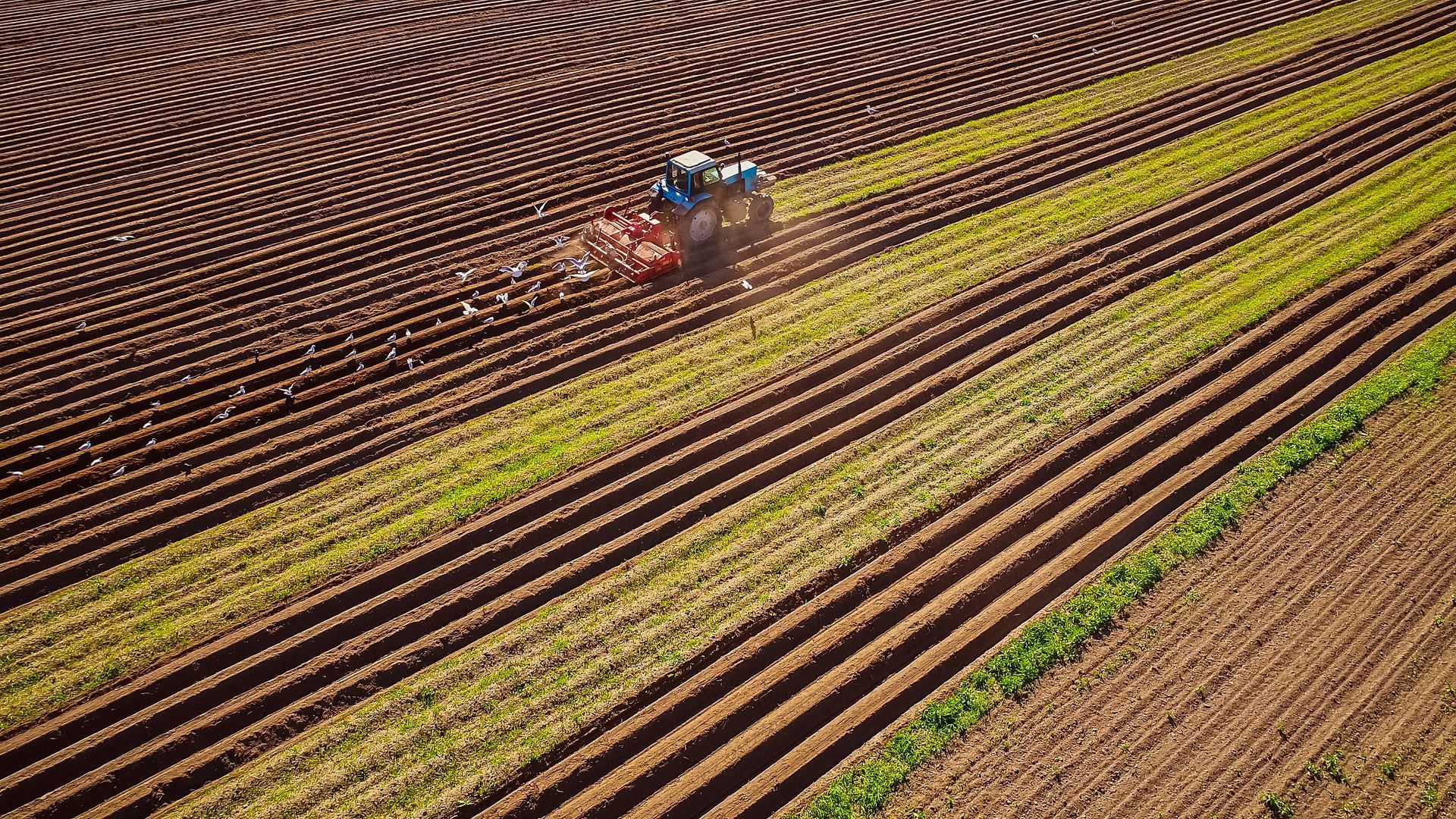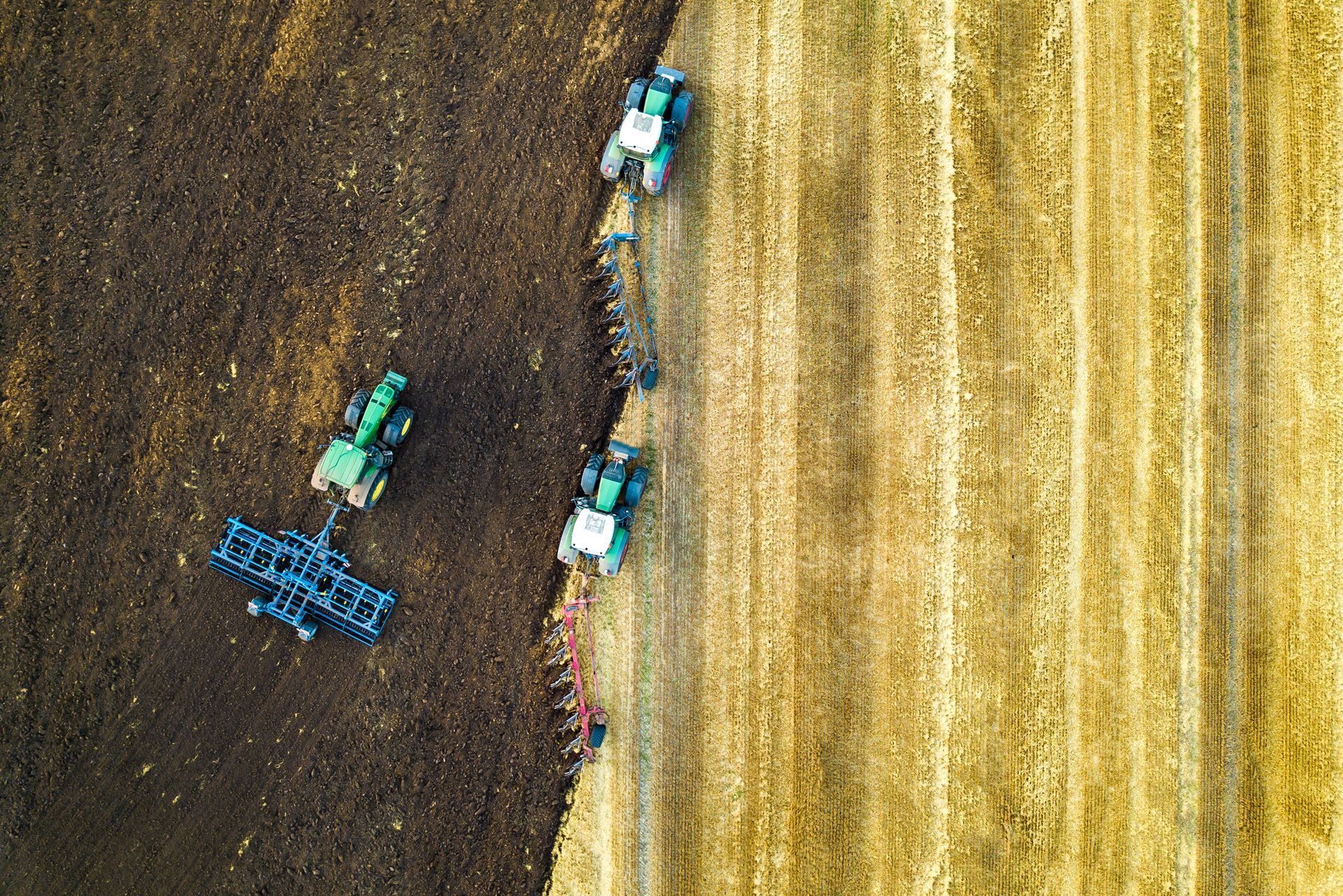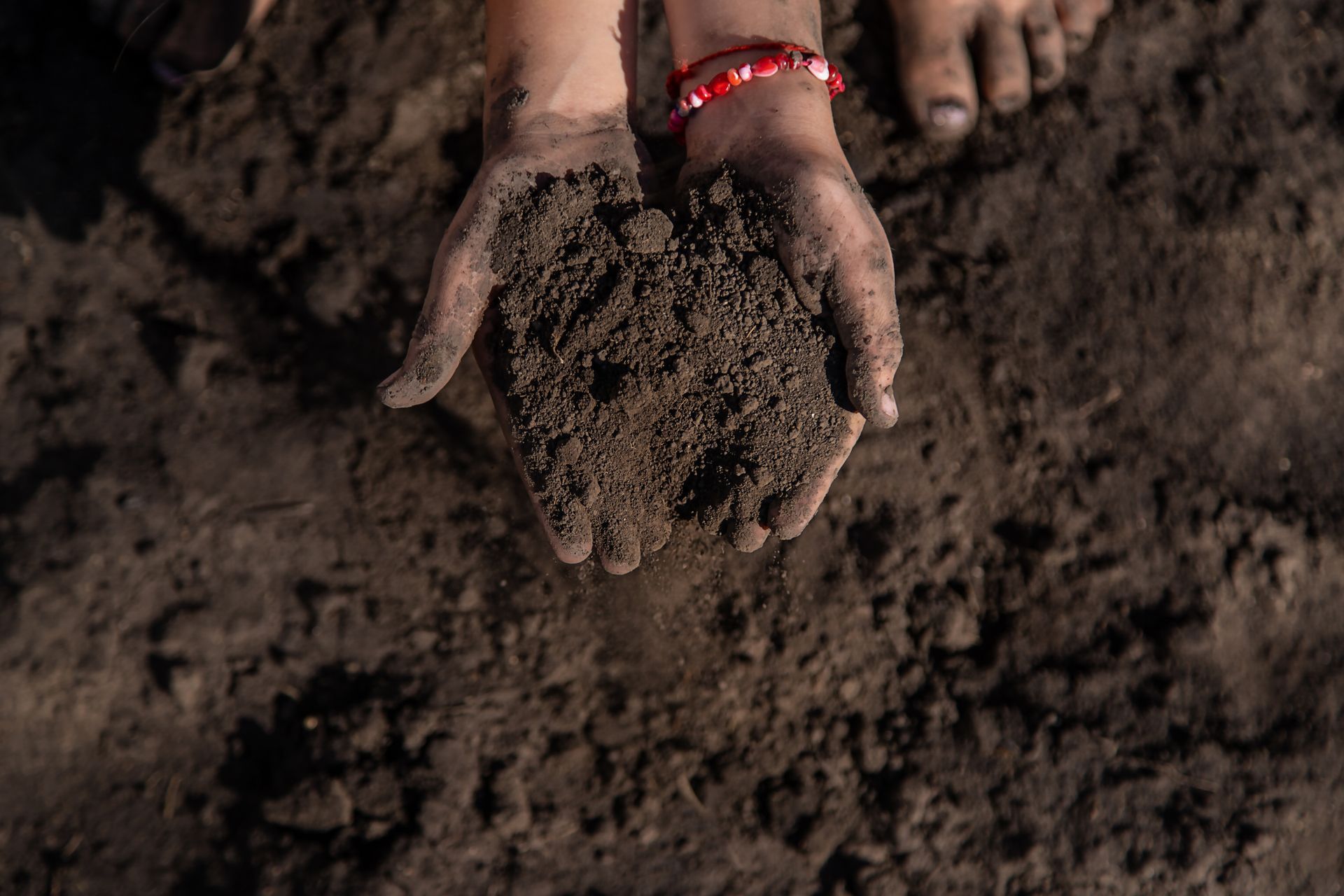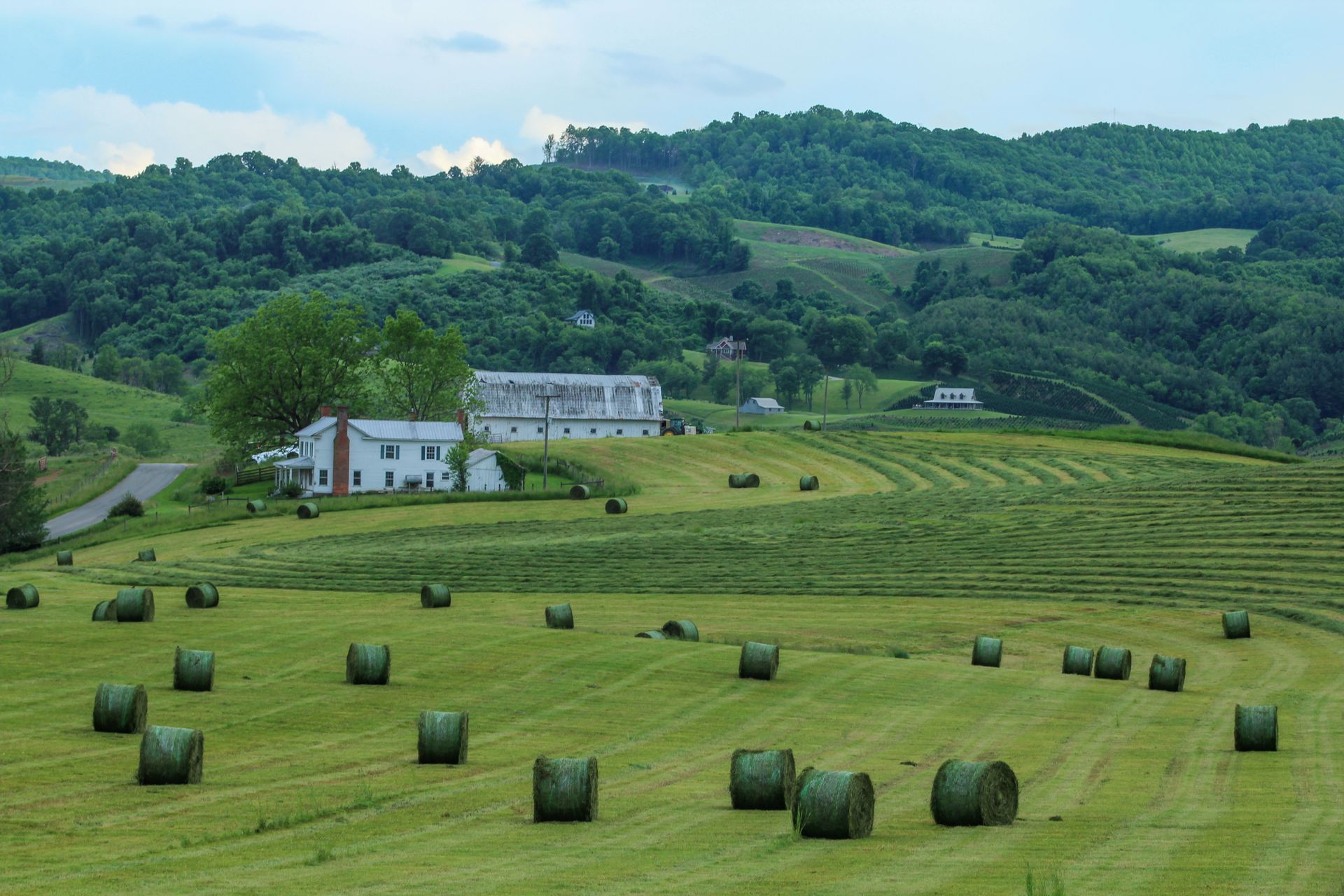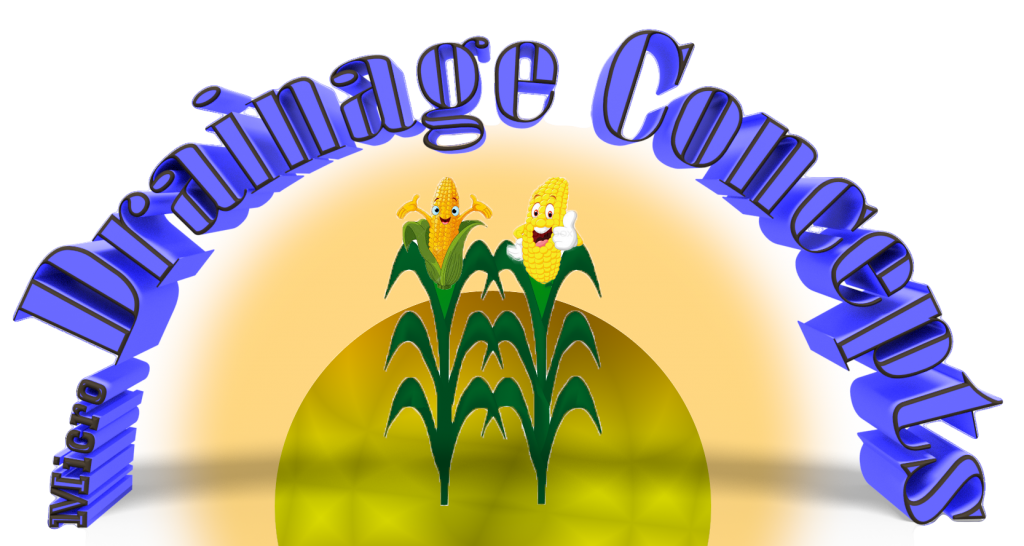FUTURE PROOFING YOUR FARM: THE ROLE OF RICHLAND MICRO DRAINAGE SOLUTIONS IN SUSTAINABLE AGRICULTURE

The practices of No-Till and Strip-Till Farming are gaining in popularity as more and more farmers seek sustainable measures to preserve their land. Richland Micro Drainage encourages farming methods that preserve the soil, protecting its natural organisms, and prolonging its health for the future. Let’s take a closer look at sustainable farming.
NO-TILL FARMING
This operational practice involves the undisturbing of the soil as much as possible. Typically, the farmer will only place his equipment on the field to plant. Using specialty tools, he’ll create a planting row only so as not to disturb the surrounding ground. The advantages of this technique include increased soil health, less erosion, the field doesn’t get over saturated, increased crop yield, as well as saving money on fuel and machinery
STRIP-TILL FARMING
This method utilizes similar techniques as No-Till farming with the exception of plowing a row a foot wide or less where seeds are planted, fertilizer is incorporated, and the remainder of the field is undisturbed. The benefits of strip-till farming also includes improved soil health, higher crop yields, and limited saturation. This practice additionally preserves your land for future use.
COVER CROPS
The addition of a cover crop on your land during the “off season” also promotes your soil’s health. It prevents run-off, and optimizes the infiltration of water. They also provide organic matter and diverse nutrients to protect crops from disease and insect infestation.
Richland Micro Drainage concepts enable your land to be preserved for future generations as the soil is optimized for long term use and healthy for each year’s crop production. Do you want to learn more about our sustainable solutions for your farmland? Contact us today.
